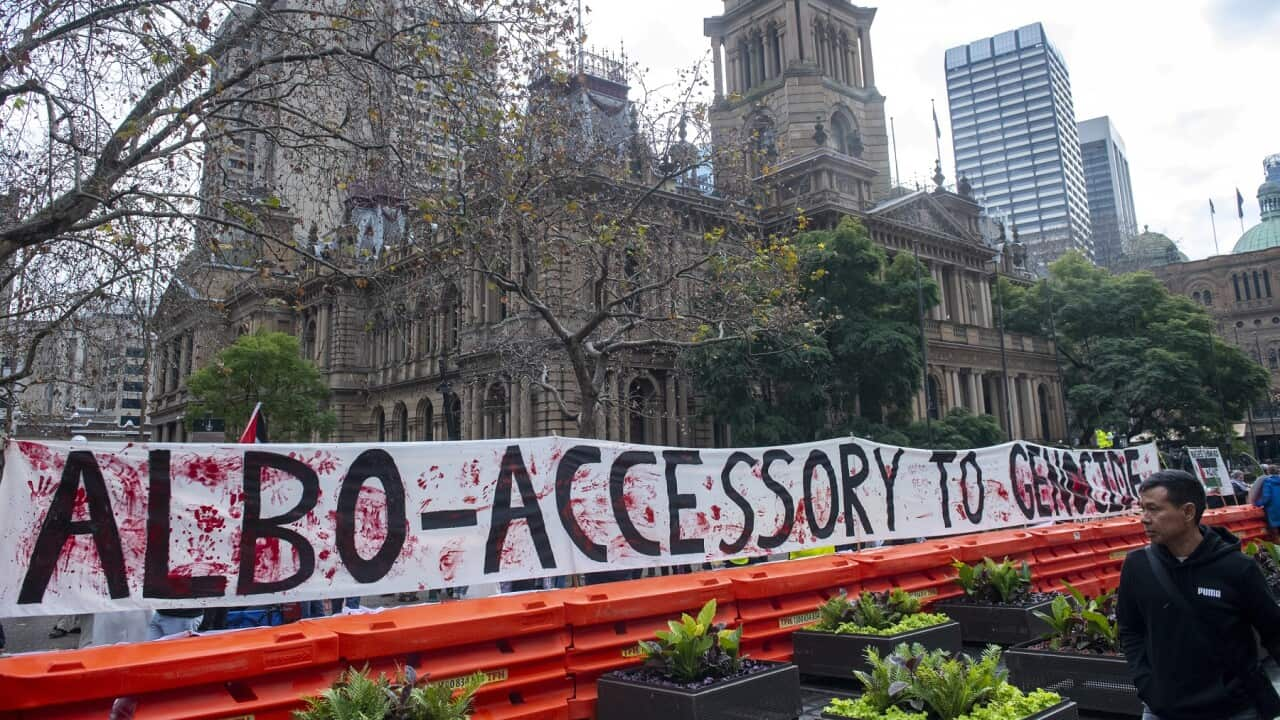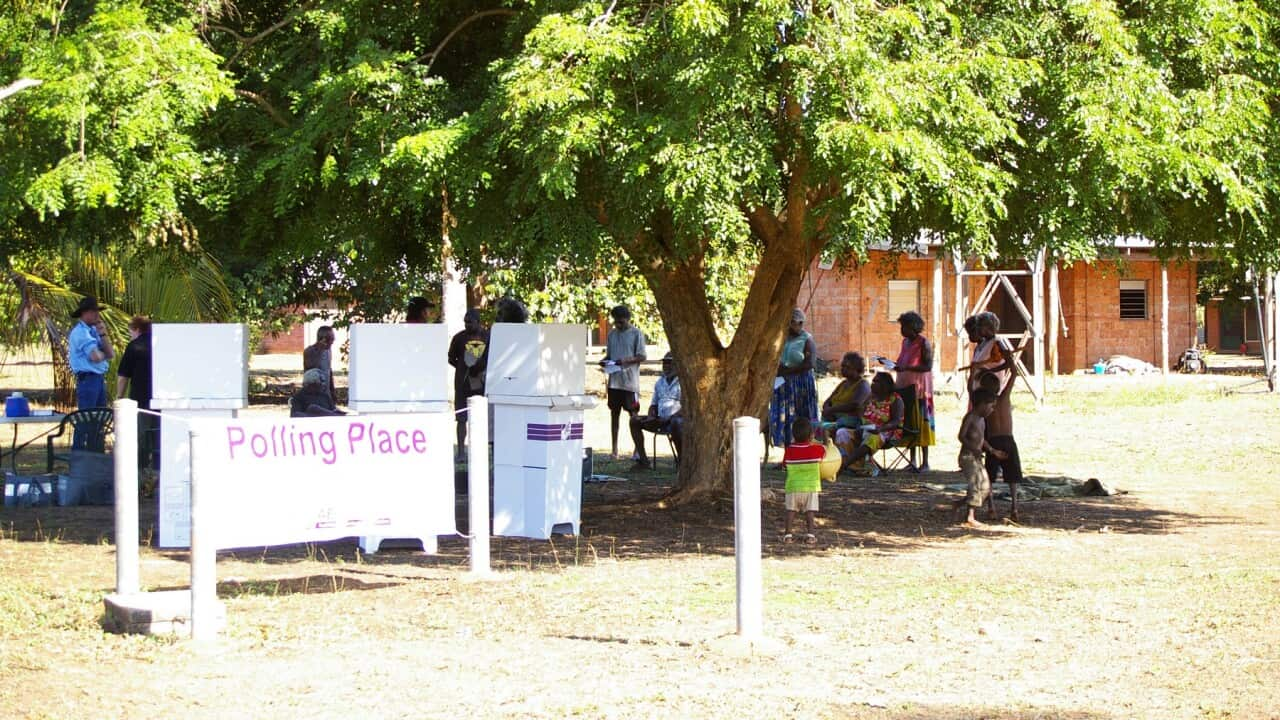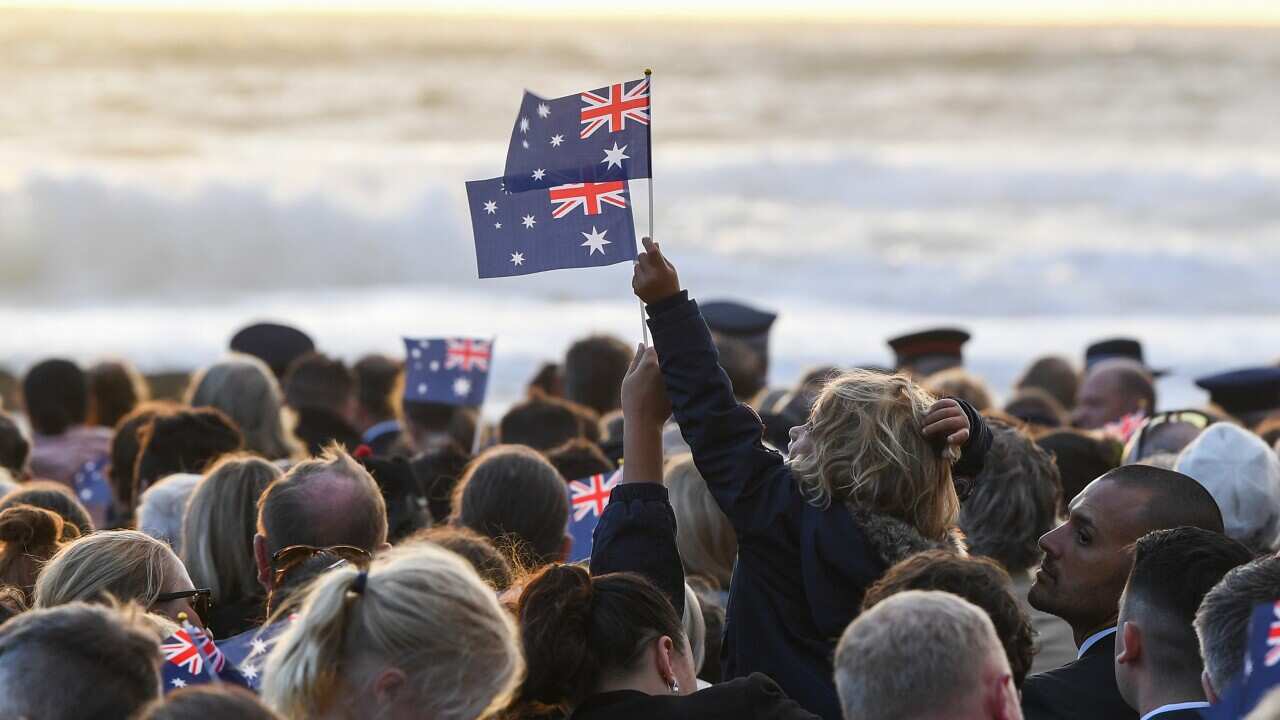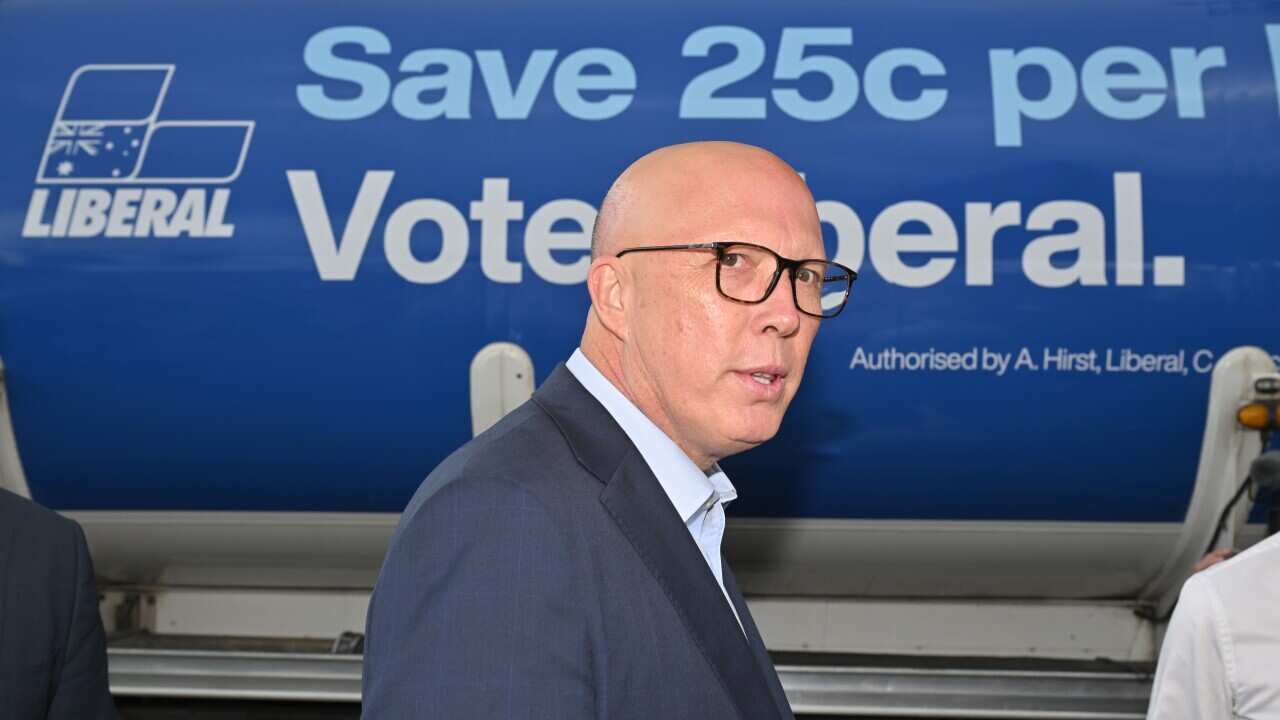TRANSCRIPT
Hiking international student visa fees and cutting back on consultant spending are some of Labor's plans to keep the budget in shape.
If re-elected, from the 1st of July they will raise international student visa fees from $1,600 to $2,000.
In a joint press conference, Treasurer Jim Chalmers and Finance Minister Katy Gallagher revealed a further $1 billion in savings since the pre-election economic and fiscal outlook.
"We will finish this election campaign with the budget in a stronger position than at the start of the election campaign. We have improved the budget position by more than a billion dollars, comparing the pre-election outlook to the costings that we release."
Opposition leader Peter Dutton announced earlier in the month that he will put a cap of around 25 per cent of foreign students admitted to public universities.
In a bid to solve the housing affordability crisis in the country, the Coalition had earlier said that they will reduce the number of overseas students coming to Australia each year by around 80,000 people.
Labor unveiled the cost of commitments made since March's budget on Monday, raising the pressure on the Coalition to release its costings.
But the parliamentary budget office doesn't release its full list of costings until after the election.
"So these costings show that we are managing the budget, and the economy in a responsible and a considered and a methodical way. If you think about the roughly ten billion dollars of commitments that we've made in this election campaign, four billion of that was already provided for and provisioned for either in the budget or the pre-election economic and fiscal outlook, and the other six billion dollars has been more than an offset by the two budget improvements."
So where do Labor's savings come from?
Savings will come from student visa fees, which will increase to $2,000 from 1 July 2025.
They are anticipating to deliver $760 million to the budget over the forward estimates.
But the change will not affect arrangements for Pacific Island and Timor-Leste applicants.
Katy Gallagher is the Finance Minister.
"A small uplift in student visa - again - we think that's a sensible measure that really prices I think the value of coming here and studying in Australia so that will also be used but that figure is not counted in our savings of over $100 billion dollars. So - we are very pleased that we have been able to do this hard work, we have been able to offset the commitments that we've made post-PEFO*. For those that we have announced beforehand, we've found room in the budget for those."
An extra $6.4 billion will come from reducing spending on consultants, contractors, and labour hire, as well as non-wage expenses such as travel, hospitality, and property.
The Minister says unlike the Coalition's pledge to cut 41,000 public jobs, these savings would not impact any services or programs that the Australian Public Service provides.
The cumulative budget deficit will reduce from $151.6 billion to $150.5 billion as a result of the changes.
It will help to cover Labor's $1,000 instant tax deduction for work expenses, which is estimated to cost the budget $2.4 billion over forward estimates.
"We got rid of a lot of the waste and the rorts that was embedded in the former government's budgets, and we returned that money to budget and it allowed us - along with finding savings, to find room for those really important cost-of-living measures, that we have been able to deliver through our budgets — our investments in Medicare, our investments in housing, the income tax cuts, and other measures like lowering HECS debt."
The Treasurer is urging the Coalition to come clean on their figures.
"Now we call on the Coalition now to come clean on their cuts, we've made it very clear what our costs are and how we will pay, for the commitments that we have made in the election campaign. This continues a record of responsible economic management. It is long past time for the Coalition to come clean on their secret cuts to pay for their nuclear reactors. They need to come clean on what their secret cuts for nuclear reactors means for Medicare, for pensions and payments, for skills and housing and other essential investments in the budget."
Meanwhile Opposition treasury spokesman Angus Taylor has thrown blame on the Treasurer after a credit ratings agency warned that Australia's global credit rating could be at risk.
S&P Global Ratings reported that "off-budget" election pledges – for which Labor shared its costings yesterday – might be compromising Australia's AAA credit rating.
Mr Taylor claims it is Labor, not the Coalition as the Treasurer earlier suggested, that poses the biggest risk to the economy.
"We know from the last budget that Labor is delivering 10 consecutive deficits, red ink over the course of the next decade, $180 billion of deficits over the forwards including this year and that's heading us towards $1.2 trillion of debt. The costings today only reinforce that."
Mr Taylor did not release the coalition's election costings but says they would include lower taxes for small businesses and tax cuts for Australians buying their first home.













